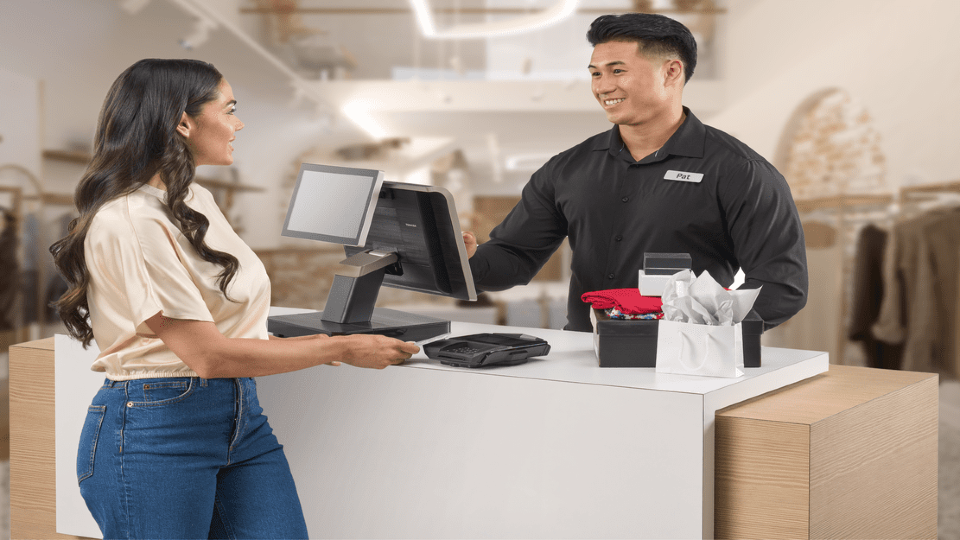Retail
Agility in Action: How Specialty Retailers Are Fast-Tracking Tech to Stay Ahead
Discover how specialty retailers can overcome outdated systems and rising customer demands. This blog explores how cloud platforms, unified data, and automation help build agility, enabling retailers to adapt quickly and scale with confidence.

September 8, 2025
What does it really take to stay ahead in a market that keeps changing by the day? Specialty retailers are constantly adapting to shifting customer expectations, new technology, and unforeseen disruptions. Operating under these conditions calls for a clear strategy and the ability to pivot with confidence. That’s why many retailers are embracing technology as a core part of how they adapt and grow their businesses.
Evolving Customer Expectations Across Every Touchpoint
Today’s customers expect seamless, consistent experiences across every channel they interact with. Whether they are shopping in a physical store or browsing online, they expect the experience to feel personalized. Specialty retailers are known for their ability to deliver curated offerings and tailored service, but fulfilling those expectations at scale demands stronger operational support.
Legacy systems and outdated processes are a common pain point for retailers, often making it difficult to adapt quickly or respond effectively to changing customer expectations. Manual workflows can also slow down execution, and fragmented data can obscure what is truly happening across the business. Together, these limitations create challenges when trying to respond to changing customer needs or shifting market conditions.
A Modern Foundation Built for Growth
Retailers are beginning to integrate technology into the core of their business planning. Cloud-based infrastructure provides an adaptable environment that supports ongoing change and allows retailers to introduce new capabilities at a steady pace. These platforms give teams the flexibility to scale operations, respond to demand, and maintain consistency across all locations and channels.
Data has also become more accessible through unified systems that bring together information from across the organization. When retailers can see customer behavior and industry trends in one place, they are better equipped to make decisions that align with both short-term needs and long-term goals.
The Shift of Automation in Retail
Retailers are using automation to manage tasks that are repetitive and time-consuming. Automating areas such as inventory management and communications, businesses are reducing operational friction and improving consistency. These tools help ensure that essential processes run smoothly while freeing up staff to focus on areas that directly impact the customer experience.
This shift in focus allows retail teams to spend more time engaging with customers and supporting store execution. As retailers remove unnecessary complexity, they create space for more thoughtful service and stronger brand alignment across teams.
Flexibility Fuels Progress Forward
Retailers are preparing for expansion and deeper digital integration. Each of these initiatives involves uncertainty, and the ability to act with flexibility is essential. A rigid system can slow progress and limit options. In contrast, a flexible foundation supports quick decision-making, measured experimentation, and consistent execution across new and existing channels.
So, what does it really take to stay ahead in a market that keeps changing by the day? The answer is a technology foundation designed for movement. When specialty retailers build flexibility into their operations, they gain the ability to move forward with confidence, respond to new challenges without hesitation, and create experiences that meet evolving customer needs with clarity and purpose.
Learn more about Toshiba Global Commerce Solutions here.
Included In This Story
Toshiba Global Commerce Solutions
Every great shopping experience starts with a choice. An epic choice. The kind that defines your path and shapes your destiny. At the crossroads of opportunity, the decision to forge ahead can lead to incredible adventures and extraordinary achievements. What’s your epic choice? Forge ahead with Toshiba and create your tomorrow today.
 ChatGPT
ChatGPT Grok
Grok Perplexity
Perplexity Claude
Claude










